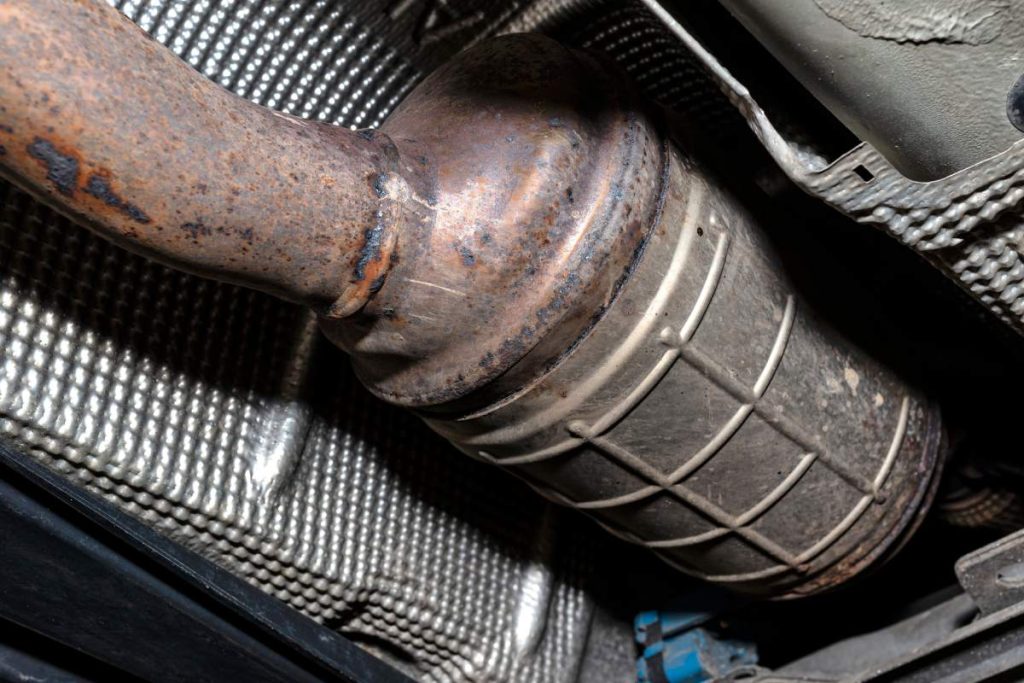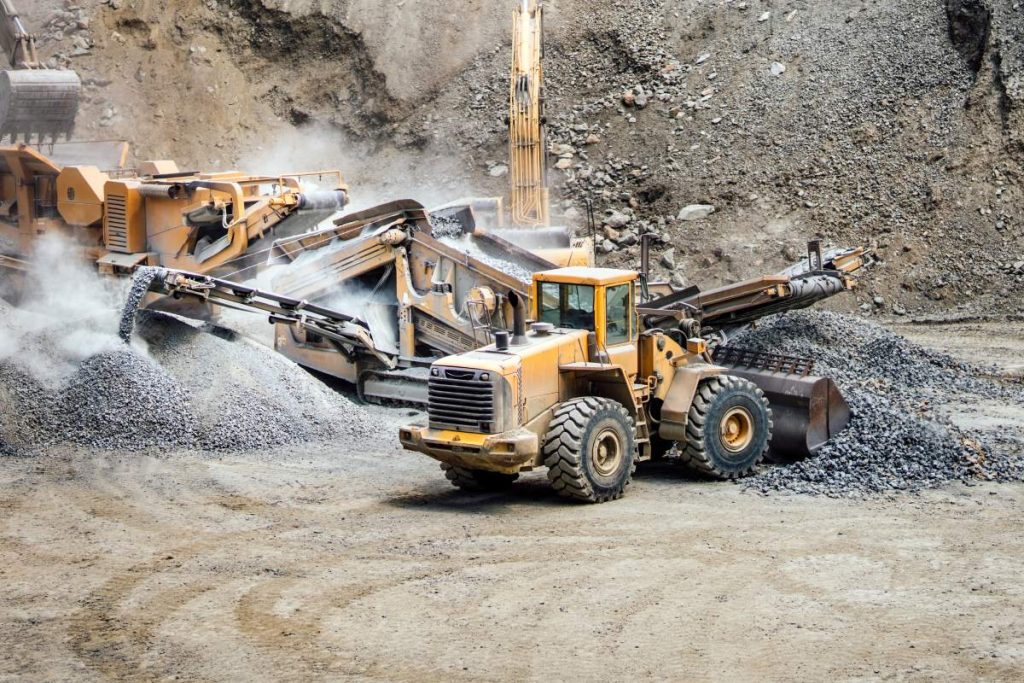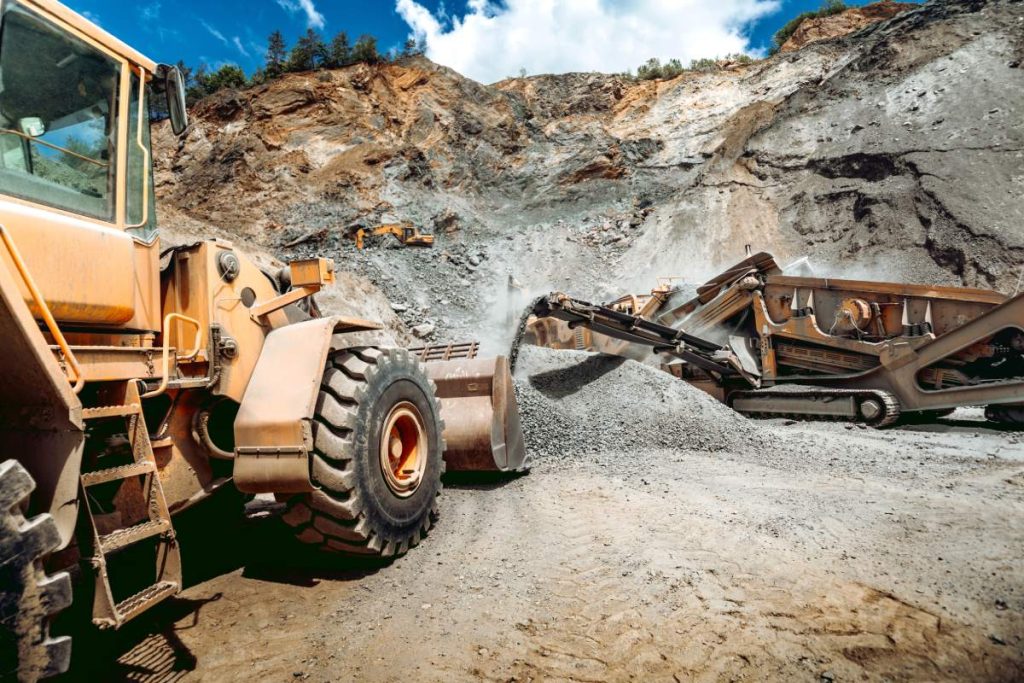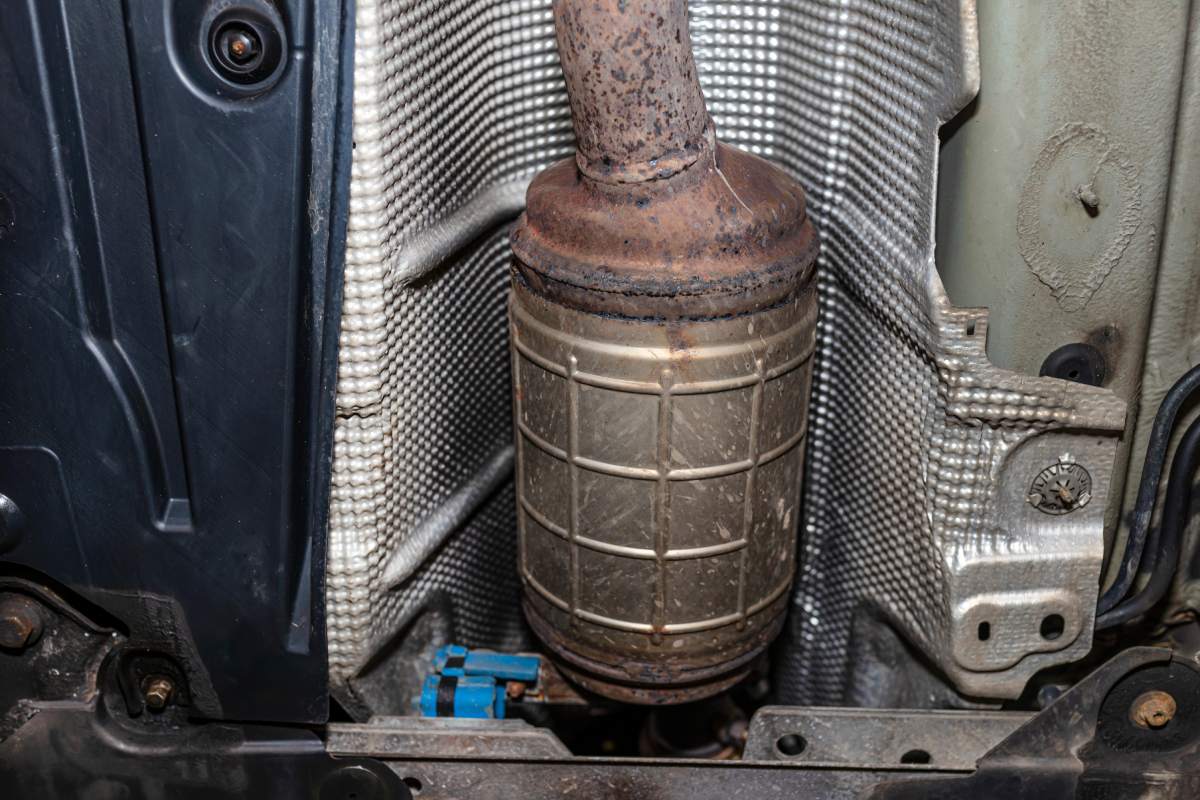Diesel Particulate Filters (DPFs) play a critical role in managing air quality, especially in industries where diesel-powered equipment is widespread, such as mining. These filters are vital in reducing harmful emissions, ensuring compliance with stringent environmental regulations, and promoting the health and safety of workers. The mining industry, which is heavily reliant on diesel engines for various machines and vehicles, has seen an increased need for DPFs to control diesel exhaust and its potentially dangerous pollutants.
This article explores what Diesel Particulate Filters are, how they work, and why they are particularly important in the mining industry.
What is Diesel Particulate Filters (DPF)?
A Diesel Particulate Filter (DPF) is an emissions control device that captures and stores soot particles from diesel exhaust to reduce the particulate matter (PM) released into the atmosphere. Diesel engines are known to emit a significant amount of particulate matter, which includes soot, ash, and other harmful compounds that contribute to air pollution and pose serious health risks to humans.
DPFs are designed to trap and oxidize these particles, allowing for cleaner emissions. The filter is generally made of ceramic materials that have a honeycomb-like structure. When diesel exhaust passes through this structure, it traps the particulate matter while allowing cleaner gases to exit. Over time, the collected soot accumulates, and the filter needs to be regenerated or cleaned, either automatically or manually, to maintain its functionality.

How Does a DPF Work?
A DPF works by filtering out the particulate matter in diesel exhaust before it is released into the environment. The process occurs in the following stages:
- Filtration: As exhaust gases from the engine flow through the DPF, particulate matter such as soot is trapped in the tiny pores of the filter’s honeycomb structure. The soot accumulates, while cleaner exhaust gases pass through the filter and exit the exhaust system.
- Regeneration: Over time, the trapped particulate matter builds up and can clog the filter. To prevent this, DPFs must undergo a regeneration process, where the accumulated soot is burned off at high temperatures, converting it into carbon dioxide (CO2) and leaving a clean filter. There are different types of regeneration:
- Passive regeneration: Occurs naturally when the exhaust temperature is high enough to burn off the soot while the vehicle is in operation.
- Active regeneration: If the exhaust temperatures are not high enough, the engine system will inject fuel into the exhaust stream to raise the temperature and trigger regeneration.
- Manual regeneration: In some cases, particularly in heavy-duty industries like mining, the equipment may need to be stopped for a manual regeneration process.
- Cleaning: Eventually, ash and other non-combustible residues accumulate in the filter, requiring manual cleaning. This is typically done by removing the filter and cleaning it with compressed air or water jets to restore it to full functionality.
Importance of Diesel Particulate Filters in the Mining Industry
The mining industry relies heavily on diesel-powered vehicles and machinery, from loaders and trucks to excavators and drills. These machines are essential for moving materials, digging, and processing ore. However, they also produce a significant amount of diesel exhaust, which contains harmful pollutants such as particulate matter (PM), nitrogen oxides (NOx), carbon monoxide (CO), and hydrocarbons.
The enclosed nature of many mining operations, especially in underground mines, exacerbates the dangers posed by diesel exhaust. Without proper ventilation and filtration systems, the concentration of pollutants can become a serious health hazard for miners. This is where DPFs become crucial.
1. Reducing Health Risks
Diesel exhaust is classified as a carcinogen by the World Health Organization (WHO). Prolonged exposure to diesel particulate matter can lead to respiratory problems, lung cancer, and other serious health conditions. In underground mining operations, workers are at increased risk due to the confined spaces and limited air circulation. DPFs significantly reduce the emission of fine particulate matter, lowering the concentration of harmful particles in the air and contributing to a safer working environment.
By filtering out up to 90% of the particulate matter in diesel exhaust, DPFs help protect miners from the long-term health impacts associated with diesel fumes. This reduction in emissions is particularly important in underground mining, where the health risks posed by poor air quality are greater.

2. Environmental Compliance
In many countries, strict regulations govern the emissions from diesel engines, especially in industries like mining. DPFs are essential for meeting these environmental standards. Regulatory bodies, such as the U.S. Environmental Protection Agency (EPA), the European Union (EU), and Australia’s Department of Mines, Industry Regulation and Safety (DMIRS), require mining companies to comply with specific emission limits for diesel-powered equipment.
By installing and maintaining DPFs, mining companies can ensure their equipment meets these regulations, avoiding fines and penalties while also contributing to a cleaner environment. Many mining companies are also adopting more stringent internal standards to reduce their carbon footprint, and DPFs play a vital role in achieving these goals.
3. Enhanced Productivity
Cleaner air in mining operations not only benefits workers’ health but also leads to improved productivity. Miners can work more efficiently in environments with better air quality, and companies experience fewer disruptions related to worker health issues. In addition, well-maintained DPF systems can enhance the performance of diesel engines by ensuring that exhaust systems remain free of clogging, which can improve fuel efficiency and reduce maintenance costs in the long run.
4. Sustainability and Corporate Responsibility
In today’s mining industry, sustainability and corporate responsibility are increasingly important factors. Mining companies are under pressure to minimize their environmental impact, both from regulators and the general public. Reducing diesel emissions through the use of DPFs aligns with these sustainability goals, showing that companies are committed to responsible and environmentally conscious operations.
The adoption of DPFs helps mining companies demonstrate their commitment to reducing greenhouse gas emissions and protecting the environment, which can also improve their reputation and relationships with local communities and governments.
5. Safety in Underground Mines
Safety is a top priority in underground mining operations, where diesel-powered equipment is a necessity but also poses significant risks due to the buildup of toxic exhaust fumes. Diesel particulate filters help ensure that these hazardous emissions are controlled, reducing the risk of accidents or health incidents related to poor air quality.
In underground mining, proper ventilation is often challenging, making it essential to minimize the pollutants at their source. By using DPFs, mining companies can create safer underground environments where workers are less likely to be exposed to dangerous levels of diesel exhaust.

Challenges and Considerations for Using DPFs in the Mining Industry
While DPFs are highly effective, there are some challenges to their use in mining operations:
- Maintenance and Regeneration: In the harsh conditions of mining, DPFs require regular maintenance to ensure they continue functioning effectively. The regeneration process needs to be carefully managed, especially in machines that operate for long hours under heavy loads, which may not allow for sufficient passive regeneration.
- Costs: Installing and maintaining DPFs can be expensive. However, these costs are often offset by the benefits of improved air quality, worker health, and regulatory compliance.
- Training: Operators and maintenance staff need to be properly trained to manage DPF systems, ensuring they know how to handle regeneration and cleaning processes without disrupting mining operations.
Final Thought
Diesel Particulate Filters (DPFs) are essential to the mining industry, significantly reducing harmful diesel emissions and improving air quality in challenging environments. With underground mining operations relying heavily on diesel-powered vehicles, the use of DPFs is critical in promoting worker safety, meeting environmental regulations, and enhancing overall productivity.
However, it’s important to recognize that not all mine site vehicles or their DPFs are made equally. The largest underground mining vehicles, which typically operate with heavy-duty cycles, have unique power, performance, and emissions profiles. These vehicles require DPFs specifically designed to match the Original Equipment Manufacturer (OEM) specifications to handle their enormous exhaust output effectively.
In contrast, mid-range support vehicles present a different challenge due to their compact size and unpredictable duty cycles, which can make it difficult to fit a standard DPF. Suppliers like Mammoth Equip.com have developed catalyzed substrate DPFs that are purpose-built to fit these vehicles, ensuring that even in mid-range applications, diesel particulate emissions are effectively managed.
Light-duty vehicles, such as people movers, Land Cruisers, fuel and liquid trucks, and shotcretes, can often be the weak link in a comprehensive Diesel Particulate Management strategy. Without proper filtration, they contribute to a significant portion of emissions. Mammoth Equip.com has addressed this with their Mammoth Sintered Metal Filters, which are designed to suit the unique needs of these light-duty vehicles while meeting OEM specifications.
For a thorough and customized approach to managing diesel particulate emissions in mining, contact Mammoth Equip.com for a free consultation. Their tailored solutions ensure that all vehicles, whether heavy-duty, mid-range, or light-duty, are equipped with the right filters to minimize emissions and enhance operational efficiency.

